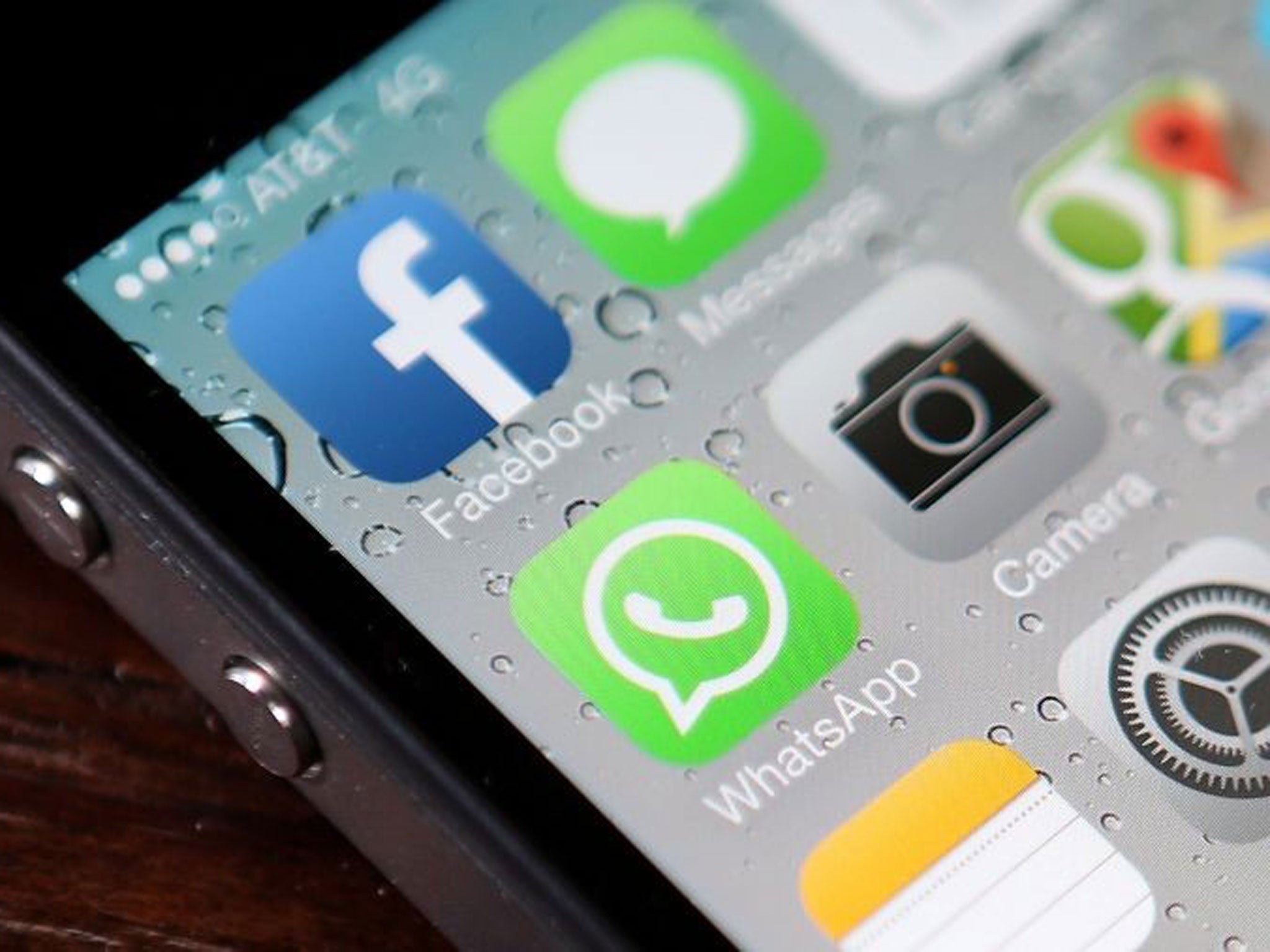WhatsApp beating texts easily, could kill off SMS
WhatsApp is probably the most popular messaging service in the world

Your support helps us to tell the story
From reproductive rights to climate change to Big Tech, The Independent is on the ground when the story is developing. Whether it's investigating the financials of Elon Musk's pro-Trump PAC or producing our latest documentary, 'The A Word', which shines a light on the American women fighting for reproductive rights, we know how important it is to parse out the facts from the messaging.
At such a critical moment in US history, we need reporters on the ground. Your donation allows us to keep sending journalists to speak to both sides of the story.
The Independent is trusted by Americans across the entire political spectrum. And unlike many other quality news outlets, we choose not to lock Americans out of our reporting and analysis with paywalls. We believe quality journalism should be available to everyone, paid for by those who can afford it.
Your support makes all the difference.People now send 50% more messages over WhatsApp than texts — and the rise looks set to continue.
WhatsApp now has 700 million users sending 30 billion messages per day, it said last week. That is in comparison with about 20 billion messages a day sent over SMS, according to analysis by Benedict Evans.
The gap between WhatsApp and texting is increasing — in almost every market, texting has been in decline since about 2011.
Evans, a mobile analyst who works for venture capital firm Andreessen Horowitz, said that he expects voice calling to be an area for innovation. WhatsApp is rumoured to be adding a Skype-like video calling feature as part of its plan for growth.
WhatsApp is also bigger than most of its competitors, including Facebook Messenger and WeChat. Those rival services tend to have less broad geographic reaches, and while Facebook messanger is big in the US, WeChat and others are fighting for East Asia.
That does not include Apple’s iMessage — which is used automatically for iPhones to message other iPhones — because Apple keeps its usage statistics secret. Evans calls iMessage traffic “dark matter” — while it’s “probably big, with over 400 million iPhones in use today,” it’s not possible to know how big it is.
Join our commenting forum
Join thought-provoking conversations, follow other Independent readers and see their replies
Comments